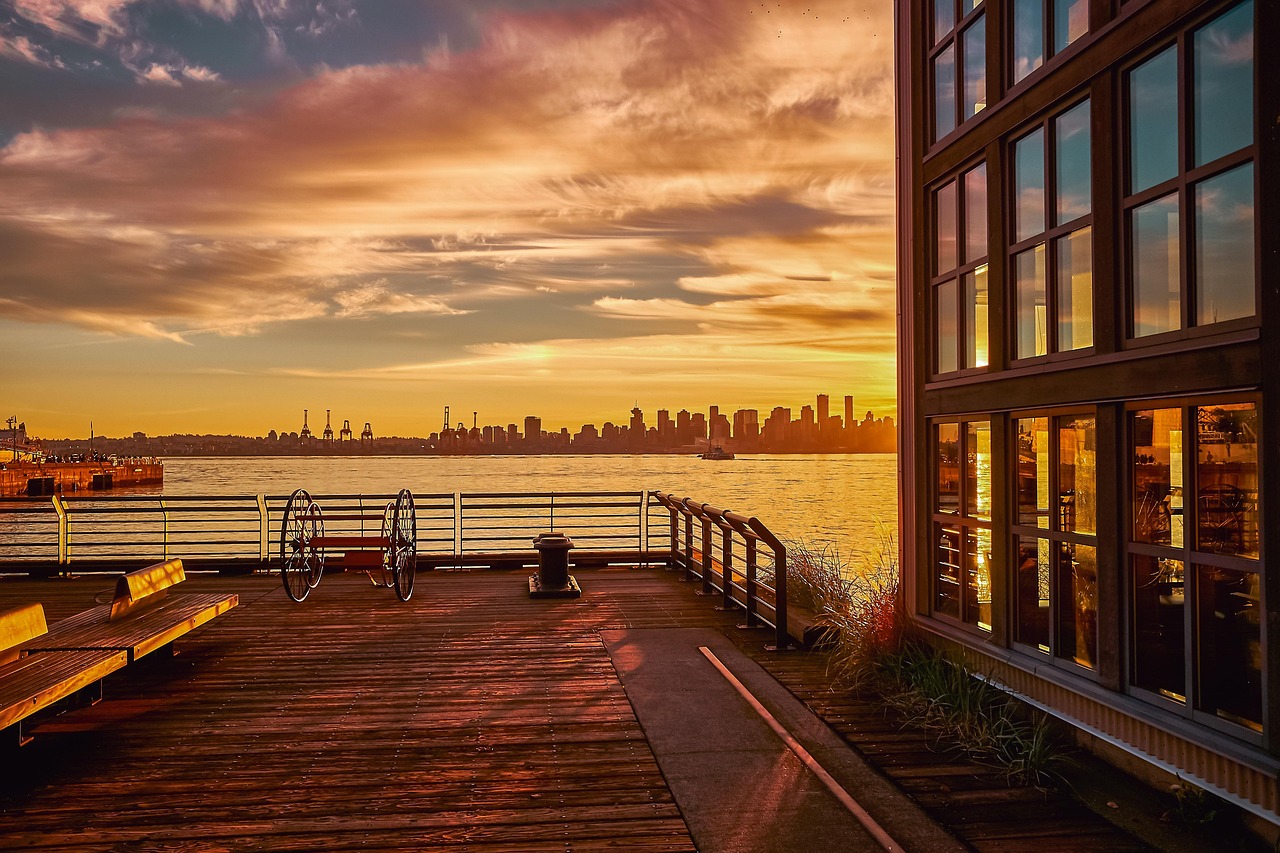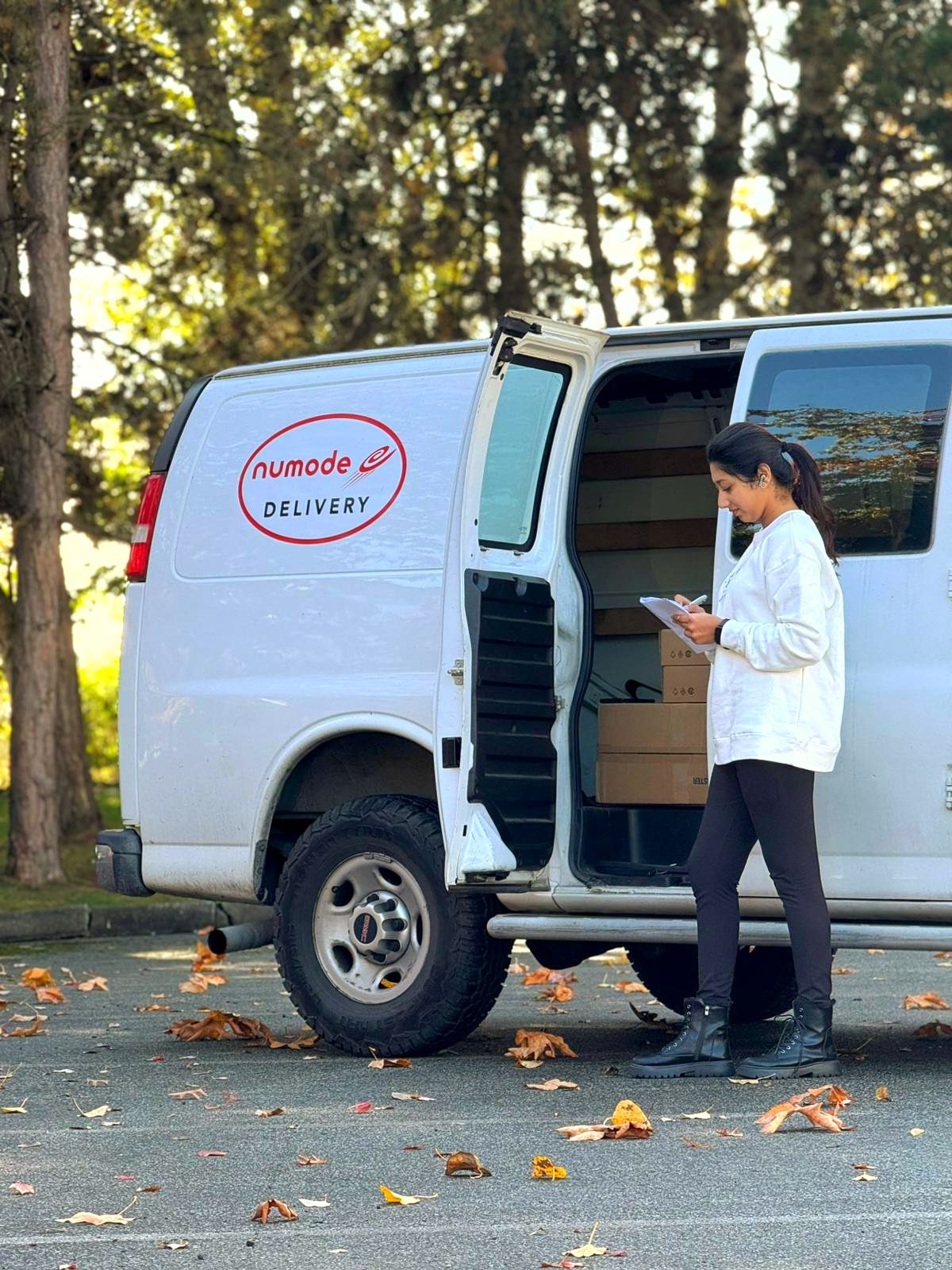Sustainability
Numode is a business that keeps sustainability at its core.
Sustainability at Numode
At Numode, we recognise that logistics has a meaningful environmental footprint – and we're committed to doing more than simply delivering parcels. Because we care about responsible courier services, sustainability is a core pillar of how we operate. From our office practices to our fleet, routing, partnerships, and purchasing policy, we're dedicated to lowering our impact while providing exceptional service.
Sustainability at Numode goes beyond environmental initiatives. It also means supporting our people, contributing to our communities, and building a local, resilient economy. We believe that true sustainability blends environmental responsibility, social wellbeing, and ethical business practices.

Why Sustainable Logistics Matters
In an age of climate change, rising emissions, and finite resources, the transportation sector plays a critical role in shaping our future. As a courier and trucking provider, we believe that every kilometre, every vehicle, and every package is an opportunity to make a difference.
We don’t view sustainability as a one-off effort – but as a continuous journey of improvement, innovation, and leadership in responsible transport.
Our Sustainability Commitments
Paperless & Energy-Efficient Facilities
We’ve implemented a paper-free policy and digitised most office workflows to dramatically reduce paper use. Our facilities feature:
- Energy-efficient LED lighting
- Recycling and waste-sorting systems
- Encouragement of reusable bottles and containers to reduce single-use plastics
These changes reduce waste while fostering an environmentally aware workplace culture.

Our Sustainability Commitments

Optimised Routing & Efficient Delivery Scheduling
With over 25 years of industry experience, we use deep local knowledge to refine delivery routing and scheduling:
- Reduced kilometres travelled
- Lower fuel consumption
- Fewer unnecessary trips
- Less idle time and congestion
This results in meaningful emission reductions while maintaining exceptional delivery performance.
Vehicle Operations & Fleet Maintenance
We operate a modern, efficient fleet of 2016-model or newer trucks, each compliant with up-to-date emissions standards. To minimise pollutants:
- All trucks are equipped with EGR (Exhaust Gas Recirculation) filters
- Vehicles are maintained at peak performance
- Drivers receive training on eco-efficient driving practices, including reduced idling, smooth acceleration, and minimal harsh braking
These practices reduce emissions, prolong vehicle life, and enhance safety.
Recycling, Local Sourcing & Community
Sustainability at Numode means reducing waste, supporting local businesses, and contributing to the communities where we live and work.
Recycling & Waste Reduction
We maintain a comprehensive recycling strategy across all areas of the business. Materials including paper, cardboard, plastics, and automotive components are separated and processed.
We partner with specialists such as ReClaim Plastics to divert materials into closed-loop recycling streams.
Sustainable Local Sourcing
As a proud member of LOCO BC, we prioritise local and sustainable suppliers to strengthen community resilience.
- Local entrepreneurs
- Sustainable suppliers
- Community-driven procurement
Community Giving
Numode supports community wellbeing through contributions to local food banks, initiatives, and charitable programmes that uplift vulnerable populations. We are committed to giving back and helping build healthier, more resilient neighbourhoods
Continuous Improvement & Industry Leadership
Sustainability is not static. We regularly:
- Monitor performance across our operations
- Explore new technologies and efficiencies
- Train employees in sustainability practices
- Share knowledge with our customers and community partners
We believe transparency and education create lasting, meaningful impact.

Employee Wellbeing, Fair Wages & Work–Life Balance
Our people are the heart of Numode. Their wellbeing is crucial to our long-term success.
Fair Wages & Ethical Employment
We provide fair, competitive compensation and maintain transparent, equitable employment standards. Our goal is to ensure that everyone who works at Numode is treated with respect and rewarded fairly for their contribution.
Healthy Work–Life Balance
We foster a supportive workplace by:
- Respecting personal time
- Encouraging manageable workloads
- Offering flexibility where possible
- Promoting mental health, rest, and family wellbeing
A balanced team is a sustainable team.
A Supportive, Inclusive Workplace
We strive to create an environment where every employee feels valued, safe, and empowered to succeed.
Honouring the Land We Operate On
We acknowledge that our operations in South Burnaby take place on the unceded traditional territories of the xʷməθkʷəy̓əm (Musqueam), Sḵwx̱wú7mesh (Squamish), səlilwətaɬ (Tsleil-Waututh), and Kwikwetlem Nations.
As a courier company working across these territories, we are committed to conducting our operations responsibly, reducing environmental impact, and contributing positively to the communities connected to this land.
We express our respect for the Indigenous peoples who have cared for this land since time immemorial and recognise the importance of operating with awareness, integrity, and gratitude.
What This Means for You
Choosing Numode means choosing a courier service that prioritises people, the planet, and long-term responsibility — not just speed.
- Eco-trained drivers
- Fleet built to modern emissions standards
- Optimised routing to reduce fuel and emissions
- Ethical workplace practices and employee wellbeing
We’re proud to deliver sustainable, socially responsible logistics you can trust.
Join Us on the Journey
Sustainability is an ongoing process. By embedding responsible practices into every decision, we aim to inspire progress and help build a greener future for all.

